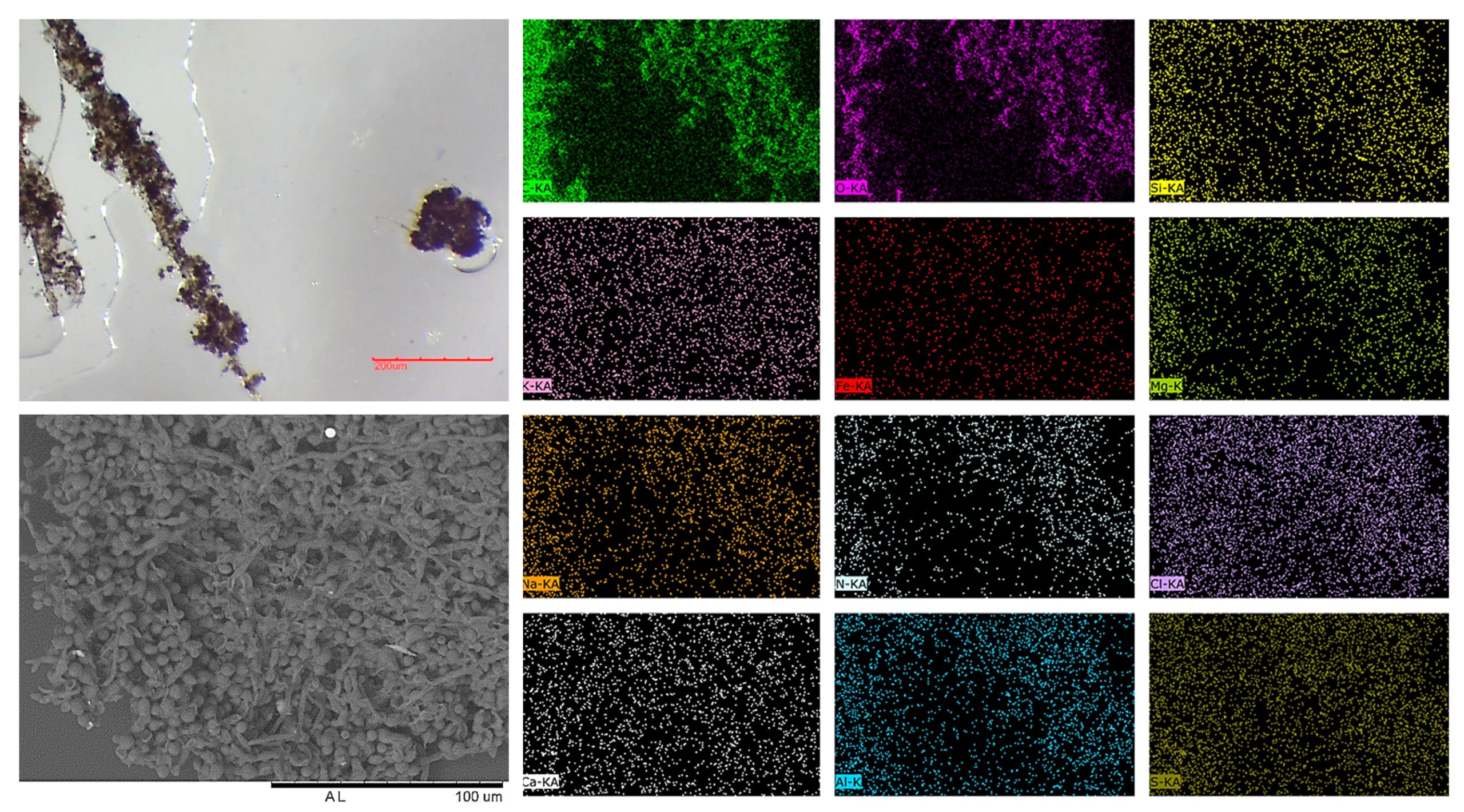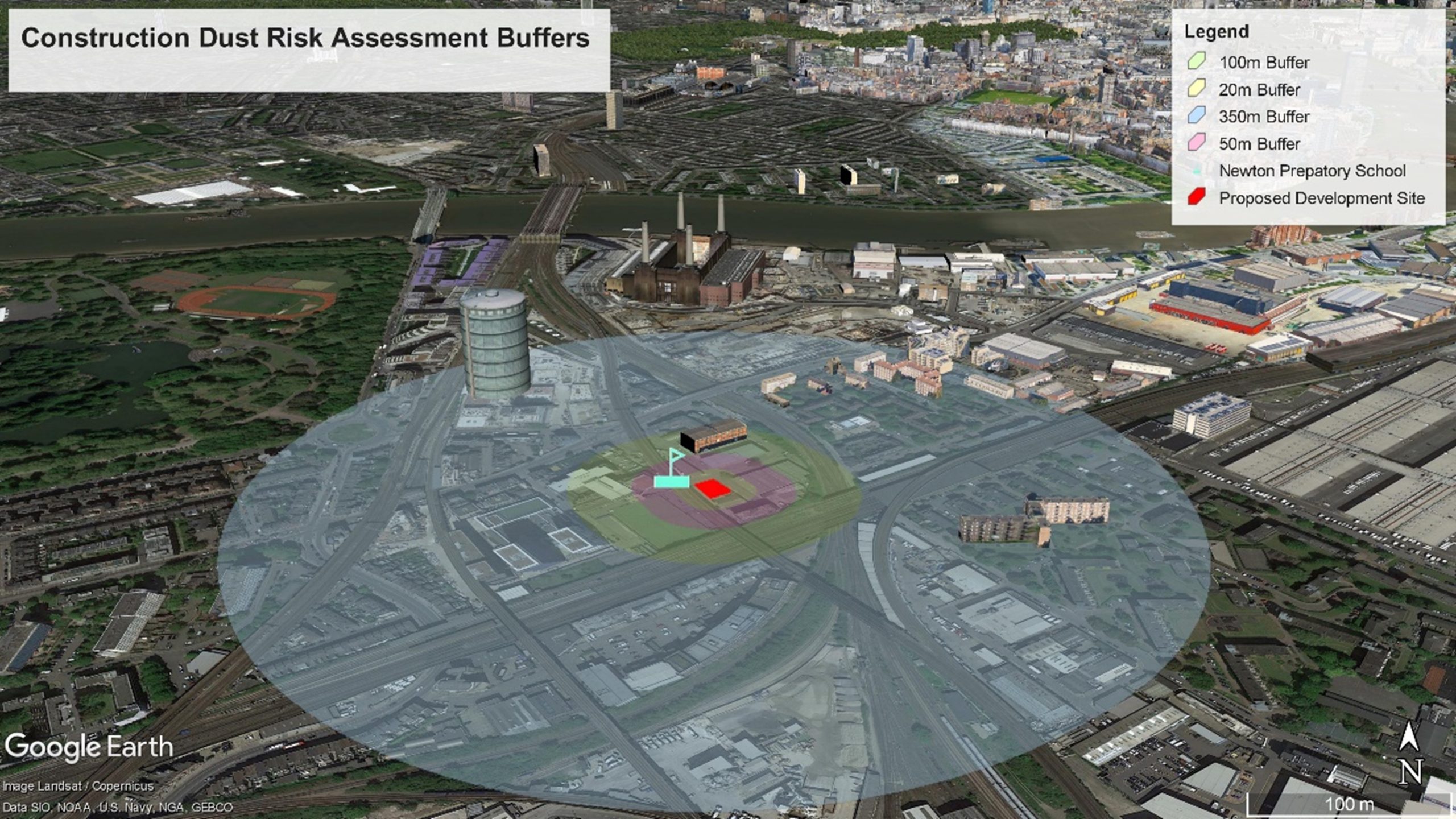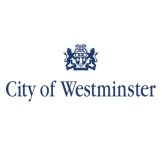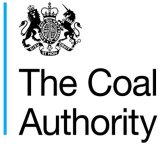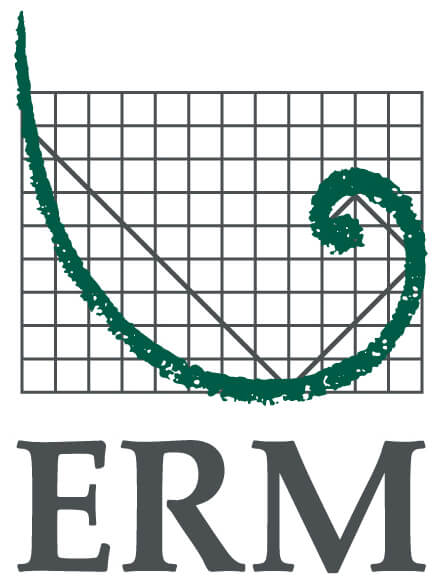Dust Management
Many sites are required by planning or permit conditions to operate under a Dust Management Plan (DMP) or an Air Quality and Dust Management Plan (AQDMP).
Dust Management Plans
A Dust Management Plan is frequently a requirement for submission with planning applications for proposed new developments or extensions to existing mineral sites. Dust Management Plans are typically produced following the outcome of a dust assessment, which determines the potential risk from the proposed development and the level of dust controls required. Dust Management Plans are also required for some environmental permit applications (known as Dust Emission Management Plans or DEMPs), particularly when a bespoke permit is needed for an activity that could increase the risk of dust generation.
We produce Dust Management Plans for a wide range of industries, including mineral sites, construction, demolition sites, and waste management sites. The purpose of the Dust Management Plan is to outline the management and control measures that will be implemented onsite to minimise the risk of dust impacts. This also includes a suitable monitoring scheme, which may include visible checks, passive dust monitoring, or real-time particulate matter monitoring. Dust Management Plans should be viewed as ‘living’ documents, so it’s recommended they are reviewed periodically and updated as required to reflect any new data or information.
Air Quality and Dust Management Plans
Air Quality and Dust Management Plans are also frequently required for construction and demolition sites. Air Quality and Dust Management Plans (also known as AQDMPs) are often submitted with planning applications following an air quality assessment, which includes a construction dust risk assessment to determine the potential risk from the proposed development and the levels of dust controls required during the construction phase. Air Quality and Dust Management Plans include dust controls to minimise dust nuisance impacts, as well as air quality control measures for fine particulate matter and gases such as NO2. Air quality impacts can occur from emissions from heavy goods vehicles, mobile plant, diesel generators, and general dust-producing activities at construction sites.
Air Quality and Dust Management Plans may be required for sites in areas with existing poor air quality and in locations near large numbers of residential dwellings. Depending on the location, planning conditions, and the outcome of the air quality assessment, real-time particulate matter monitoring may be required as part of the air quality and dust management plan.

Daniel Quinn
(BA, MSc, MIAQM, MIEnvSc)
Principal Consultant
Discuss your requirements with our Principal Consultant
If you would like to discuss any of your Dust Management needs with our Principal Consultant, we can organise an initial call to understand your exact requirements.
Please call us on +44 (0)1608 810110 or email Daniel using the email button below.
Case Studies
The business was formed in 2004

We are employee owned

Over 145,000 samples analysed


